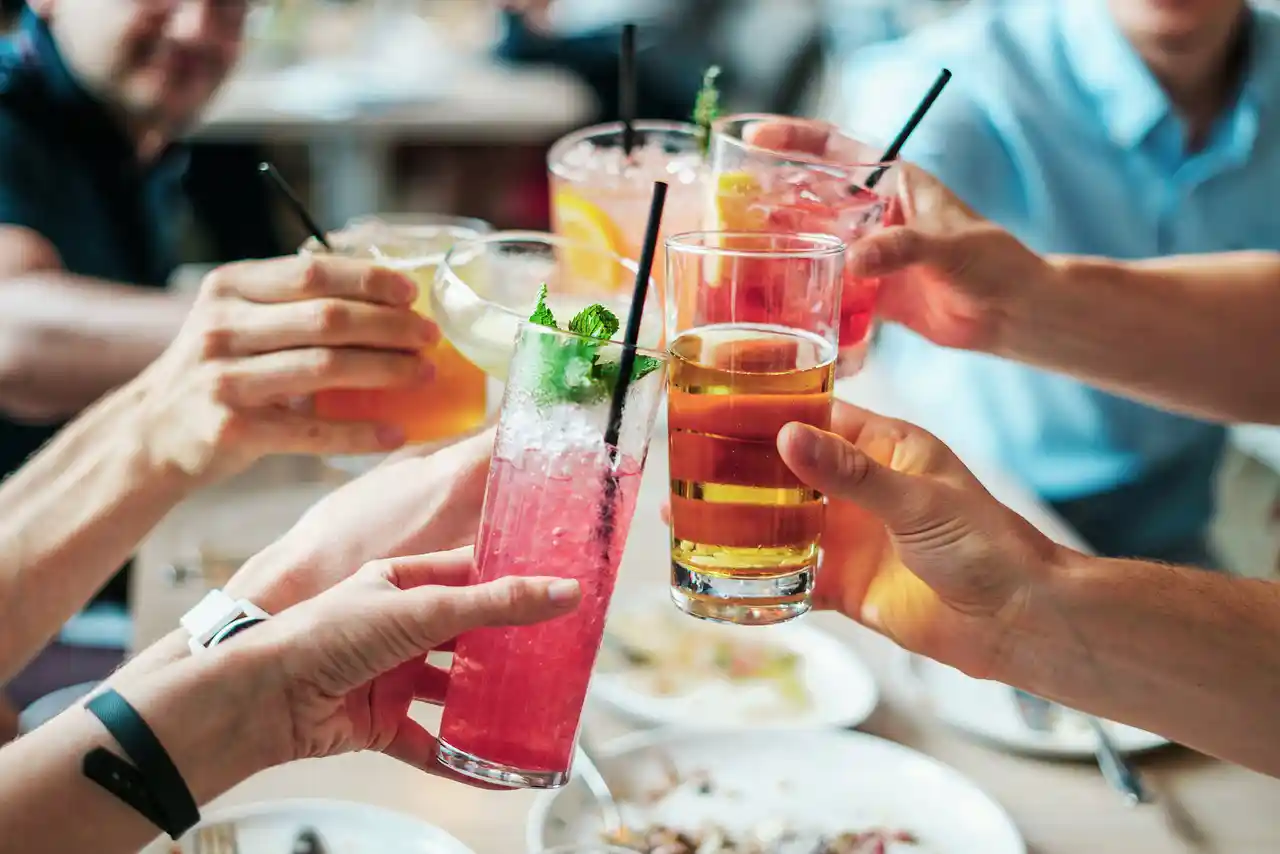The spirits industry has been undergoing a significant shift towards sustainability, with more and more consumers seeking environmentally responsible options when choosing their drinks. In recent years, there has been a growing interest in sustainable spirits, which are crafted using eco-friendly practices and ingredients. This article will provide an overview of sustainable spirits, including their benefits, production methods, and some popular examples.
Introduction to Sustainable Spirits
The concept of sustainability in spirits production involves minimizing the environmental impact of distilling processes, from sourcing raw materials to bottling and packaging. Sustainable spirits production aims to reduce waste, conserve energy and water resources, and promote biodiversity. These practices help to protect the environment, support local communities, and create more equitable supply chains.
Benefits of Sustainable Spirits
Sustainable spirits offer several benefits for consumers and the environment. Firstly, they promote more ethical and responsible production methods, which can help to preserve natural resources and reduce carbon emissions. Secondly, they often use organic or locally sourced ingredients, which can lead to a better taste and a healthier drinking experience. Finally, they support small, independent distilleries that prioritize sustainability, rather than large, multinational corporations.
Production Methods of Sustainable Spirits
Sustainable spirits are made using a variety of production methods that prioritize environmental responsibility. These methods include:
Organic Farming
Organic farming is a method of agricultural production that avoids the use of synthetic fertilizers and pesticides. Organic farming supports biodiversity and reduces water pollution and soil erosion. Many sustainable spirits are made using organic ingredients, such as grains, fruits, and botanicals.
Renewable Energy
Sustainable spirits production often involves the use of renewable energy sources, such as solar or wind power. These sources can reduce carbon emissions and dependence on non-renewable resources.
Recycling and Reusing
Distilleries can also reduce waste by recycling and reusing materials such as water, grain, and packaging. Some sustainable spirits use recycled glass or paper for their bottles and labels.
Local Sourcing
Sustainable spirits often prioritize local sourcing of ingredients, which reduces transportation emissions and supports local economies. This can also lead to a unique flavor profile, as ingredients reflect the regional terroir.
Popular Sustainable Spirits
There are several sustainable spirits available on the market today. Some popular examples include:
Prairie Organic Vodka
Prairie Organic Vodka is made from organic corn grown on family farms in Minnesota. It is distilled using a continuous column still and filtered through coconut husk charcoal for a smooth finish.
Greenbar Distillery
Greenbar Distillery is a Los Angeles-based distillery that produces a variety of sustainable spirits, including gin, whiskey, and liqueurs. They use organic and locally sourced ingredients and use recycled glass bottles.
Cooper River Distillers
Cooper River Distillers is a New Jersey-based distillery that produces sustainable spirits using locally sourced ingredients. Their flagship product is Petty’s Island Rum, made from molasses sourced from a local sugar refinery.
Conclusion
Sustainable spirits are becoming increasingly popular as consumers seek out more environmentally responsible options. These spirits prioritize ethical and sustainable production methods, including organic farming, renewable energy, and recycling. By choosing sustainable spirits, consumers can support small, independent distilleries and help protect the environment.
FAQs
- What are sustainable spirits?
Sustainable spirits are distilled beverages that are made using eco-friendly practices and ingredients, with a focus on reducing waste, conserving resources, and promoting biodiversity.
- Why are sustainable spirits important?
Sustainable spirits are important because they promote more ethical and responsible production methods, reduce carbon emissions, and support small, independent distilleries.
- What are some examples of sustainable spirits?
Some popular examples of sustainable spirits include Prairie Organic Vodka, Greenbar Distillery’s sustainable spirits, and Cooper River Distillers’ Petty’s Island Rum.
- How can I find sustainable spirits near me?
You can search for sustainable spirits online or at your local liquor store. Look for brands that prioritize eco-friendly practices and use locally sourced ingredients.
- Are sustainable spirits more expensive than conventional spirits?
Sustainable spirits may be slightly more expensive than conventional spirits due to the higher cost of organic or locally sourced ingredients and eco-friendly production methods. However, many consumers are willing to pay a premium for a more ethical and sustainable drinking experience.



